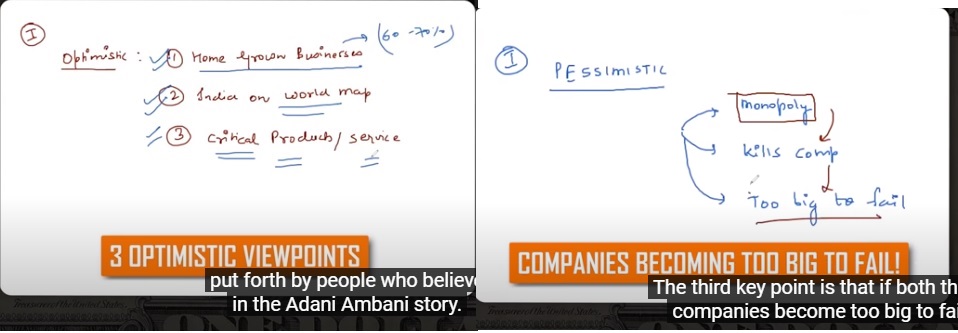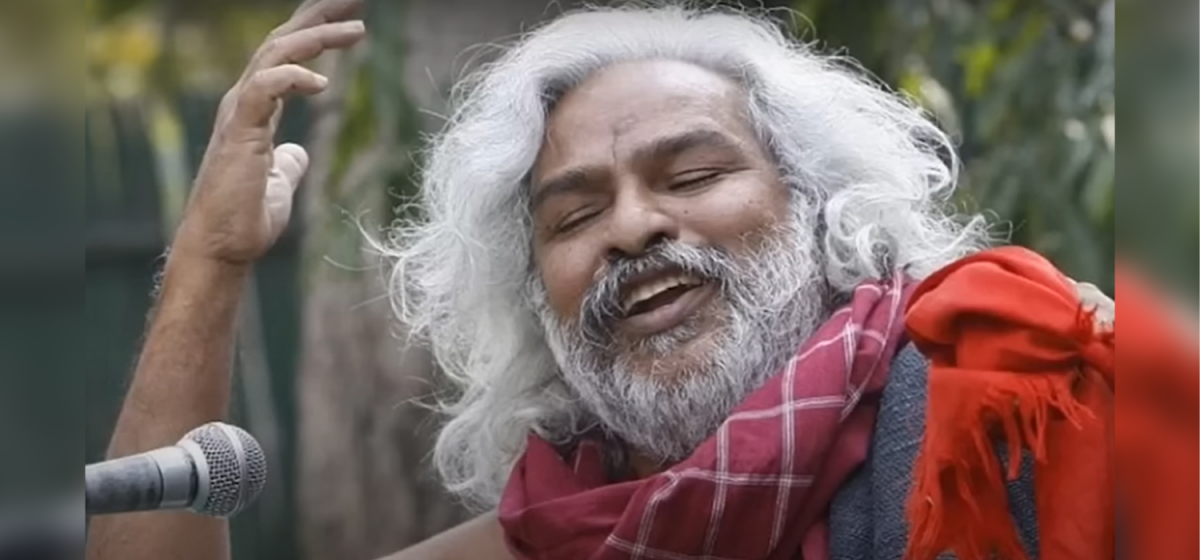
He transcended the political through aesthetics and politicised the symbolic. For a generation, he symbolised the spirit and politics of revolutionary change, primarily in Telangana, but his songs travelled well beyond.
Revolutionary balladeer Gaddar passed away on Sunday, August 6. He leaves behind a legacy that will last for a very long time and with it a number of questions that hold the promise of rethinking the processes of social transformation.
Gaddar rose to unprecedented fame in the 1990s, when he walked into the open from a life in the ‘underground’. He was part of the revolutionary movement that later came to be known as the Maoists. For a generation, he symbolised the spirit and politics of revolutionary change, primarily in Telangana, but his songs travelled well beyond. He was neither a trained singer nor a writer. He spontaneously reflected the rebellious spirit of Telangana. He symbolised the energy of the time of revolutionary politics and was its greatest makings. His songs were not just an art but a phenomenon. His songs were listened to and appreciated cutting across classes. He had a unique reach into the drawing rooms and playing recorders of the rich and dominant castes.
09/08/2023
A Salute to Achyut Yagnik, the One-Man Storehouse of Knowledge on Gujarat https://thewire.in/society/a-salute-to-achyut-yagnik-the-one-man-storehouse-of-knowledge-on-gujarat
He was always “Achyut Bhai”, always available for a spot of conversation, or a dialogue if you preferred, or a declamation if you had the discipline of patience. Either way, it was always a rewarding encounter.
(SETU – Centre for Social Knowledge and Action) resembled an ashram in its bare austerity but suggested the ambience of a coffee house, where over many cups of syrupy tea – and the smoke of his never-extinguished cigarette – the visiting interlocutor could get tutored into the nuances of the latest developments, be it the Navnirman Movement, the anti-reservations riots of 1981, the 1985-86 communal flare-up, the anti-Narmada dam movement, the 1990-92 Ayodhya violence, or the horrible, horrible 2002 carnage.
Achyut Bhai himself personified the very idea of a robust civil society – keeping a firm distance from the wielders of power in Gandhinagar yet willing to engage with “authority” on behalf of the poor and the underprivileged. He was available to any NGO, any movement, any group wanting to correct this or that economic injustice in any part of Gujarat
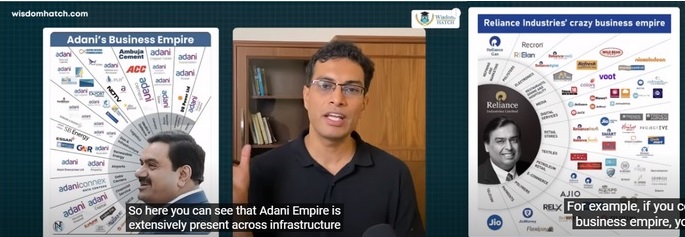
Analysing the Adani-Ambani BUSINESS EMPIRE (and its impact on you) | The GREAT Indian MONOPOLIES https://www.youtube.com/watch?v=OPGgKbSORb4 Akshat Shrivastava Jul 26, 2023
2 companies that have become household names in India. Are they going to end up owning the country?
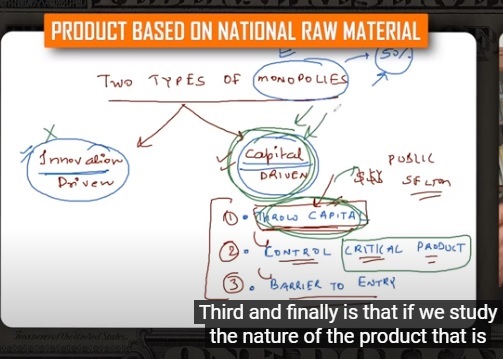 Solution suggested by Akshat Srivastava.
Solution suggested by Akshat Srivastava.
Duoploistic Bussiness.
Learn about stock investing, and invest wisely.
Support small business, in your investment aswell as in your consumption.
Vocal for Local.
Learn to Question.
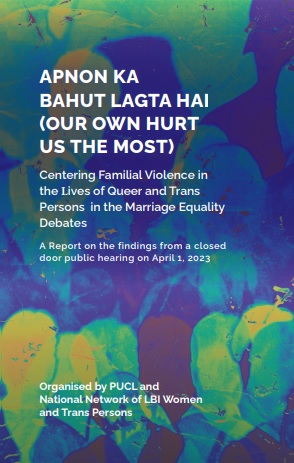
Our Own Hurt Us the Most
this report is very much about the lives of the queer and trans persons whose rights will be debated not just in the Supreme Court, but all around us, in the media, on the streets, in houses and where you have. The voice of the State has already become clear in the invocation of sanskar, sacrament, and such like in the defense of the cis and heterosexual marriage and family. There is a slew of voices all around defending the existing structures of families and opposing the right of not just queer and trans persons, but also inter-religious and inter-caste heterosexual couples to live as they desire.
This moment therefore, is as much about families, and not just about marriage. While the focus is on the demand for marriage equality for queer and trans folx, the legitimacy given to assigned families is as much under question. Chosen families and intimacies cannot be thought of without also looking at the reality of what assigned families do to their queer and trans children.
The families that are supposed to be spaces of nurture, care and support, turn against their own children (often at very young ages), treat them with utter disregard and violence, and force them to conform to socially accepted ideas of what is “normal” without any regard to the individual’s dignity or personhood. Stigma and violence run deep within the space of these families that are assigned to us at birth (or adoption).
https://pucl.org/sites/default/files/reports/Combined_all_2_compressed.pdf
Rights and health - Dr. Ramani Atkuri https://www.youtube.com/watch?v=UIFn1Qn7x3gMar 27, 2023
Correction at time 20:00 . 67 times should be read as 6.7 times. ie The defence budget in 2023-24 is 5.94 lakh crore rupees. This is 6.7 times the health budget..
The long road to the ‘Right to Health’ in India https://www.southasiamonitor.org/perspective/long-road-right-health-india By Pavitra Mohan and Naina Seth Sep 29, 2022
Clearer commitments and standards on access and quality, making oversight and redressal mechanisms more participatory, and allocating adequate financial resources alone would make the right to healthcare to all citizens a reality.
MGNERGA Sangharsh Morcha : मनरेगा बजट काट अडानी की जेब भर रही सरकार_bjp is filling Adani's pocket by cutting MANREGA budget https://www.youtube.com/watch?v=08g0KAxGnkk Apr 2, 2023
Should India break up its big conglomerates? https://www.bbc.com/news/world-asia-india-65108865 30.3.23 India should dismantle its large conglomerates to increase competition and
reduce their ability to charge higher prices, former Reserve Bank of India deputy governor Viral Acharya has argued in a new paper for Brookings Institution, an American research group.
According to Mr Acharya, who is now a professor of economics at NYU Stern, "industrial concentration" - which refers to the extent to which a smaller number of firms account for total production in a country - fell sharply in India after 1991 when the country opened up its economy and state-owned monopolies began giving away their market share to private enterprises. But after 2015, it began rising again.
'Priyanka Gandhi ने मीडिया को चेताया, बोलीं- हिम्मत करो, बहुत गड़बड़ है' | Sankalp Satyagraha https://www.youtube.com/watch?v=0T9LzeM_klE The Political Economy of Godi Media https://www.youtube.com/watch?v=_EdR6besHY4 NewsClickin
Mar 29, 2023 It is widely recognised today that the mainstream media in India has become a mouthpiece of the powerful - whether it is the government or corporates. Behind this ethical collapse lies a financial collapse of the media industry, which makes the news media permanently wary of speaking up.
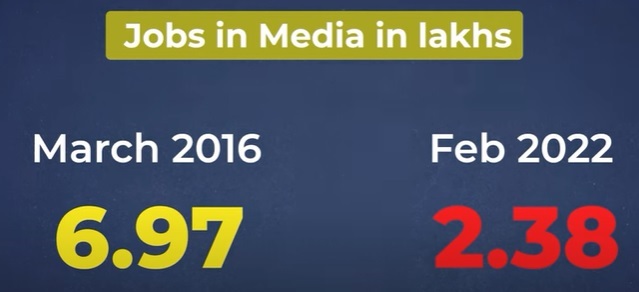
LAKHS OF FARMERS TO GATHER AT KISAN MAHAPANCHAYAT OF SAMYUKT KISAN MORCHA AT DELHI ON 20TH MARCH Samyukt Kisan Morcha (SKM) | Press Release – March 19, 2023
The Mahapanchayat shall demand that the Union Govt. fulfil the commitments it had given in writing to SKM on 9th December, 2021 and also take effective steps to mitigate the ever increasing and spiralling crisis being faced by farmers.
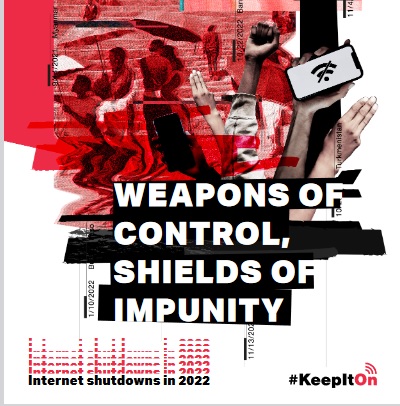
India tops in internet shutdowns globally for the fifth consecutive year: Report
01 March,2023
With more than 800 million internet users, India has the second-largest digital population in the world, after China. The internet connects the country’s remote rural areas with cities
https://www.newsclick.in/india-tops-internet-shutdown-globally-5th-consecutive-year Out of 187 shutdowns across 35 countries last year, 84 were ordered in India, including 49 in J&K, according to Internet advocacy watchdog Access Now.
Full report https://www.accessnow.org/cms/assets/uploads/2023/02/KeepItOn-2022-Report.pdf
Although Access Now counted fewer than 100 shutdowns in India for the first time since 2017, it is “not convinced” that the government has “embarked on the path towards positive sustained change regarding digital rights”.
“Legal challenges against shutdowns, fewer mass protests in the aftermath of the COVID-19 pandemic and the sustained and increasing crackdown on dissent may have increased administrative friction or reduced the incentives for authorities to impose shutdowns,” the report adds.
The group also feels all disruptions in India in 2022 weren’t recorded due to the government’s “persistent failure to publicly release shutdown orders in violation of the Supreme Court’s judgment” and the “technical challenges in monitoring, tracking, and recording shutdowns—in particular in communities where shutdowns are an emerging issue”.
- As NITI Aayog Looks into Water Trading, it Should Know the High Costs it May Bring
- Collapse of regulatory structures
- The importance of George Soros’s Open Society – for India and the world
- The Dharmikaran of Agriculture is a Beggars Rope
- Aaron Swartz and His Legacy of Internet Activism
- HILLE LE JHAKJOR DUNIYA at WALK OF HOPE 2015 -16 from KK to J&K
- Scrap Nanar oil refinery project in Konkan coast- Right to Protest
- Maximum Government, Minimum Governance
- How the Supreme Court Has Interpreted Hate Speech Over the Years
- How Did the Patriarchy Start – and Will Evolution Get Rid of It?
- Century Workers' Struggle - Five Years
- Split verdict: Why it leaves me, a Left-Liberal, at odds with me, a Progressive Muslim
- 'Right to Work: Feasible and Indispensable for India to be a truly Civilized and Democratic Nation'
- ‘Uncertain Justice: A Citizens Committee Report on the North East Delhi Violence 2020’,
- Poverty, unemployment are demons in today’s world
- UAPA: Criminalising Dissent & State Terror
- A legend of Uttarakhand Dr. Shamsher Singh Bisht is no more
- Corporatising Agriculture - Not just Adani, Global Capital
- South-Up. The South as New Political Imaginary
- Cognitive biases and brain biology help explain why facts don’t change minds
Page 6 of 16

